The Role of Website Indexing in Boosting SEO
When it comes to search engine optimization (SEO), website indexing plays a crucial role in determining how visible your website is to search engines and, ultimately, to potential visitors. Understanding website indexing and its impact on SEO is essential for anyone aiming to improve their website's search rankings.
What is website indexing?
Website indexing refers to the process by which search engines like Google collect and store information about webpages. Search engines utilize web crawlers, also known as bots or spiders, to discover and index web content. These crawlers follow links on websites, gathering data about each page they encounter.
Why is website indexing important for SEO?
Website indexing is important because it allows search engines to understand and categorize web content effectively. By indexing your website, search engines can determine the relevance of your pages to specific search queries. This, in turn, impacts your website's visibility in search results.
Website indexing also helps search engines determine the structure and organization of your website. It provides valuable information about the hierarchy of your pages, making it easier for search engines to crawl and navigate through your site.
How to ensure proper website indexing:
1. Create a sitemap: A sitemap is a file that lists all the pages on your website. By submitting a sitemap to search engines, you help them discover and crawl all your webpages effectively. You can create a sitemap using free online tools or plugins available for popular content management systems (CMS) like WordPress.
2. Include internal links: Internal links connect different pages within your website. By including relevant internal links, you assist search engines in understanding the relationships between your webpages. This makes it easier for search engines to index your website's content.
3. Optimize meta tags: Meta tags provide information about your webpage's content to search engines. Make sure to include relevant keywords in your meta title and description tags. This will help search engines understand the context and relevance of your pages.
4. Produce high-quality content: Search engines favor websites with valuable and engaging content. Regularly publish well-written, informative, and user-friendly articles to attract search engine attention. By producing quality content, you increase the likelihood of your website being indexed and ranked higher in search results.
- Benefits of proper website indexing:
- Improved visibility: Websites with proper indexing are more likely to appear in search engine results, increasing their visibility to potential visitors.
- Higher search rankings: Proper indexing enables search engines to understand your website's content better, leading to improved search rankings for relevant keywords.
- Increased organic traffic: As your search rankings improve, more organic traffic will be driven to your website, resulting in higher visitor numbers.
- Better user experience: Having a well-organized website structure enhances user experience and encourages visitors to stay longer on your site, reducing bounce rates.
In conclusion, website indexing is a fundamental aspect of SEO that should not be overlooked. By ensuring that your website is correctly indexed, you increase its visibility, search rankings, and overall organic traffic. Implement the strategies mentioned above, and you'll be on your way to boosting your website's SEO performance.
Why Website Indexing is Vital for SEO Success
When it comes to Search Engine Optimization (SEO), website indexing plays a crucial role in determining your online visibility and success. In simple terms, indexing refers to the process in which search engines like Google or Bing crawl and catalog your website's pages and content. Without proper website indexing, your chances of achieving SEO success are significantly diminished.
Website indexing is the backbone of SEO, as it is the foundation upon which search engines rank and display search results. When search engines crawl and index your website, they get a comprehensive understanding of its structure, content, and relevance. This enables them to match user queries with relevant web pages, providing accurate and valuable search results.
- Improved visibility: By getting your website indexed, you increase your chances of appearing in search engine results pages (SERPs). This boosts your visibility and puts your website in front of potential visitors who are looking for products, services, or information in your niche.
- More organic traffic: When your website is indexed, it has the potential to attract more organic traffic. Users are more likely to click on search results that appear on the first page, so being properly indexed can help improve your website's ranking and increase organic traffic.
So, how can you ensure your website is properly indexed for SEO success?
1. XML Sitemap: Create and submit an XML sitemap to search engines. This file contains a list of all the pages on your website, helping search engines understand your website's structure and index it more efficiently.
2. Robots.txt: Use a robots.txt file to guide search engine crawlers to the pages you want them to index. By specifying which pages to include or exclude, you have control over what search engines see and what they ignore when crawling your site.
3. Quality content: Create unique, informative, and relevant content that provides value to your target audience. Search engines prioritize websites with high-quality content, so be sure to implement effective keyword research and usage to improve your website's indexing and ranking.
4. Proper URL structure: Make sure your website has clean and easily readable URLs. A clear URL structure helps search engines understand your website's hierarchy and navigate through its pages efficiently.
5. Internal linking: Create internal links throughout your website to connect relevant pages. Internal linking not only helps visitors navigate your site but also assists search engine crawlers in discovering and indexing all your pages.
In conclusion, website indexing is vital for SEO success. By ensuring your website is properly indexed, you increase your chances of improving visibility, attracting organic traffic, and ultimately achieving higher search rankings. Implement the recommended strategies to optimize your website's indexing and unlock the full potential of your SEO efforts.
How Website Indexing Improves SEO Performance
Today, having a strong online presence is essential for businesses to thrive in a competitive digital landscape. One of the key factors that affect the visibility and ranking of a website in search engine results is search engine optimization (SEO). While many factors contribute to good SEO practices, proper website indexing plays a crucial role in optimizing a website's performance.
Website indexing refers to the process where search engines like Google, Bing, and Yahoo, crawl and analyze web pages to understand their content and structure. This information is then stored in the search engine's index, allowing the search engine to quickly retrieve relevant information when a user performs a search. Indexing helps search engines in determining how well a website matches the search queries of users.
- Improved Visibility: When a website is properly indexed, it increases the chances of being visible in search engine results. Users are more likely to come across the website when it is indexed, leading to increased organic traffic and potential conversions.
- Higher Rankings: Effective website indexing is crucial for achieving higher rankings in search engine results. By allowing search engines to understand the contents of web pages, indexing helps search engines determine the relevance of a website to specific search queries. This can significantly improve the website's ranking, making it more visible to users.
Website indexing also contributes to better user experience. When a website is indexed, search engines can display accurate and relevant snippets of information (known as meta descriptions) in search results. This helps users quickly determine whether the website is relevant to their search query, resulting in better click-through rates.
There are several ways to ensure proper website indexing:
- Submit the Sitemap: A sitemap is a file that lists all the pages on a website, helping search engines discover and crawl them more efficiently. By submitting the sitemap to search engines, website owners can ensure that all pages are indexed.
- Create Internal Links: Internal linking is the process of linking one page of a website to another. This helps search engine crawlers navigate through the website's content and index each page more effectively.
- Optimize Website Structure and Navigation: A well-organized website structure with clear navigation makes it easier for search engine crawlers to index and understand the content. This includes using descriptive URLs, headings, and categories to provide a clear hierarchy.
Proper website indexing is an essential part of an effective SEO strategy. By ensuring that a website is indexed correctly, businesses can improve their online visibility, increase organic traffic, and achieve higher rankings in search engine results. Implementing best practices for website indexing can help businesses establish a strong online presence and reach their target audience effectively.
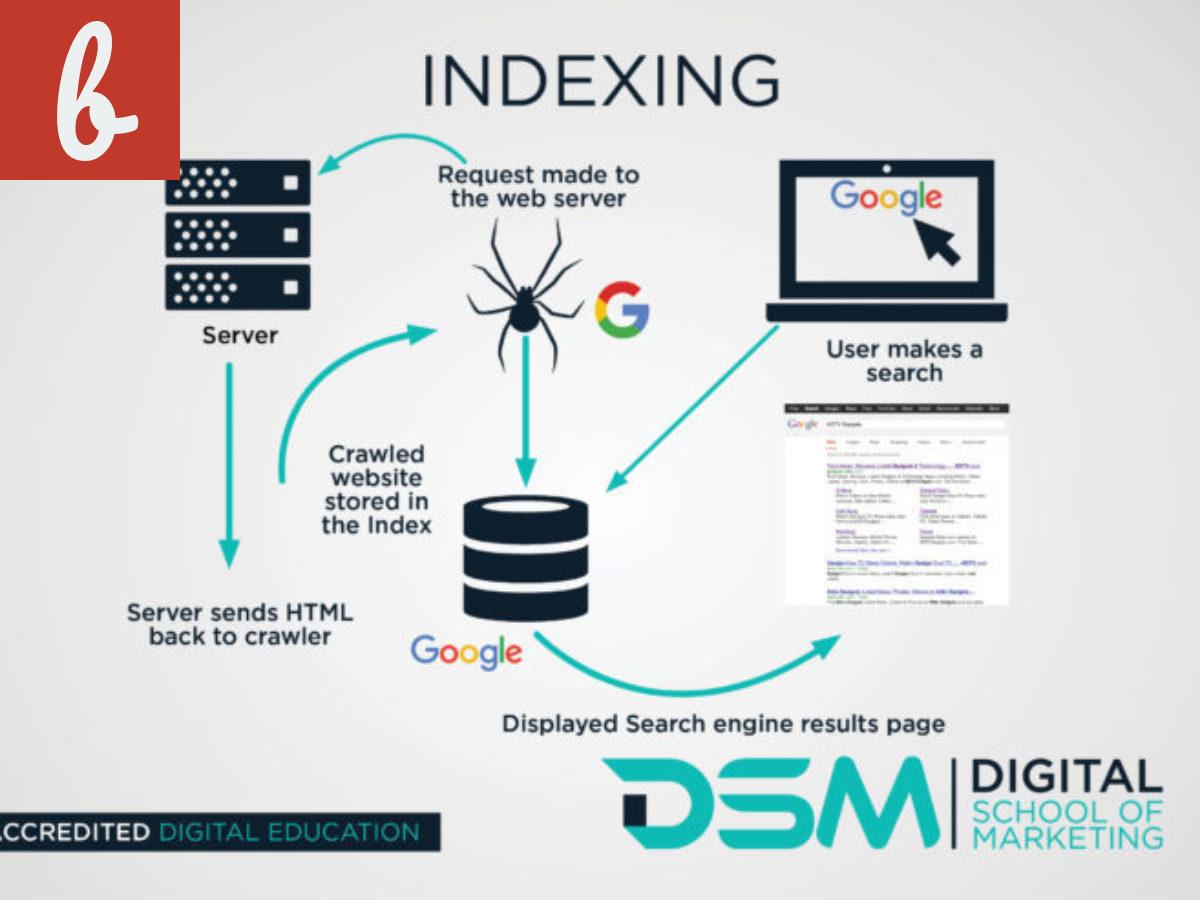
The Benefits of Website Indexing for SEO
Website indexing plays a vital role in the world of Search Engine Optimization (SEO). It refers to the process of adding web pages into a search engine's database or index. When a website is indexed, it becomes visible to search engines and can be displayed in search results when relevant keywords are searched.
So, what are the benefits of website indexing for SEO? Let's look at a few:
- Increased Visibility: When your website is indexed, it has the potential to appear in search engine results pages (SERPs). This increased visibility can significantly boost your website's organic traffic and exposure to potential customers.
- Improved Ranking: Search engines use sophisticated algorithms to rank websites based on various factors. Website indexing helps search engines understand the content and structure of your website, making it easier for them to evaluate your webpages and assign appropriate rankings. Higher rankings mean more visibility and more traffic.
Website indexing also leads to:
- Quicker Updates: If you frequently update your website with fresh content, indexing ensures that search engines quickly discover and display the updated pages in their search results. This is particularly important for news websites, blogs, and e-commerce platforms.
- Targeted Traffic: When your website is indexed, it appears in search results that match the users' search queries. This means that the traffic generated from search engines is more likely to be highly targeted and relevant to your business or website niche.
- Enhanced User Experience: Website indexing helps search engines understand the structure of your website, making it easier for them to provide relevant and accurate search results to users. This improves the overall user experience and encourages visitors to spend more time on your site.
In conclusion, website indexing is a crucial aspect of SEO for any website owner or online business. It ensures that your website becomes visible to search engines, leading to increased visibility, improved rankings, and targeted traffic. So, make sure to focus on website indexing as part of your SEO strategy to reap these valuable benefits.
Maximizing SEO Impact with Website Indexing
When it comes to search engine optimization (SEO), one crucial factor that often gets overlooked is website indexing. Website indexing refers to the process of search engines, like Google, scanning and organizing the content on your website. This process determines how your website will be displayed in search engine results, and ultimately, how much organic traffic you receive.
Optimizing your website indexing is essential for maximizing your SEO impact. Fortunately, there are several strategies you can implement to ensure that your website is indexed effectively. Let's explore these strategies in more detail:
- Submit your sitemap: A sitemap is a file that contains a list of all the pages on your website. By submitting your sitemap to search engines, you provide them with a roadmap of your website's structure. This helps search engines better understand your content and index it more accurately.
- Create unique and high-quality content: Search engines prioritize websites that offer valuable and original content. By consistently creating high-quality content, you increase your chances of being indexed more frequently. Make sure to incorporate relevant keywords naturally into your content to improve its visibility for specific search queries.
Along with these strategies, you should also focus on the technical aspects of your website to maximize its SEO impact:
- Improve website load speed: Search engines take into consideration the speed at which your website loads. A slow-loading website can negatively impact your indexing and SEO performance. Optimize your website's load speed by compressing images, minifying CSS and JavaScript files, and utilizing caching techniques.
- Optimize metadata: Metadata, such as meta titles and meta descriptions, play a crucial role in how search engines index your website. Ensure that each page on your website has a unique and descriptive meta title and meta description that includes relevant keywords. This will help search engines rank your pages higher in search results.
It's important to regularly monitor and analyze your website's indexing status. Tools like Google Search Console can provide you with valuable insights into how search engines are crawling and indexing your site. By identifying any issues, such as broken links or pages not being indexed, you can take corrective action to improve your website's SEO performance.
In conclusion, website indexing is a critical aspect of SEO that should not be neglected. By following the strategies mentioned above, you can maximize your website's indexing effectiveness and improve its visibility in search engine results. Remember to regularly monitor your website's indexing status and make necessary adjustments to maintain a strong SEO impact.
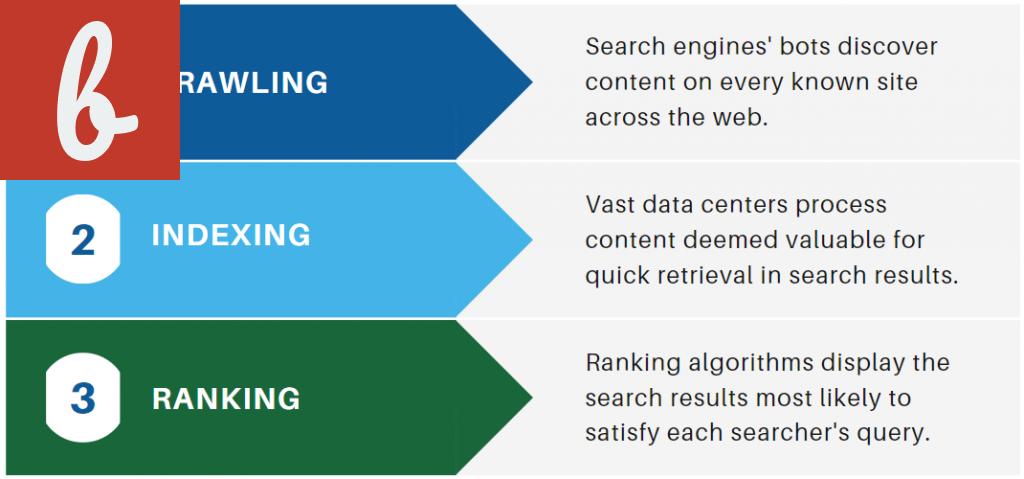
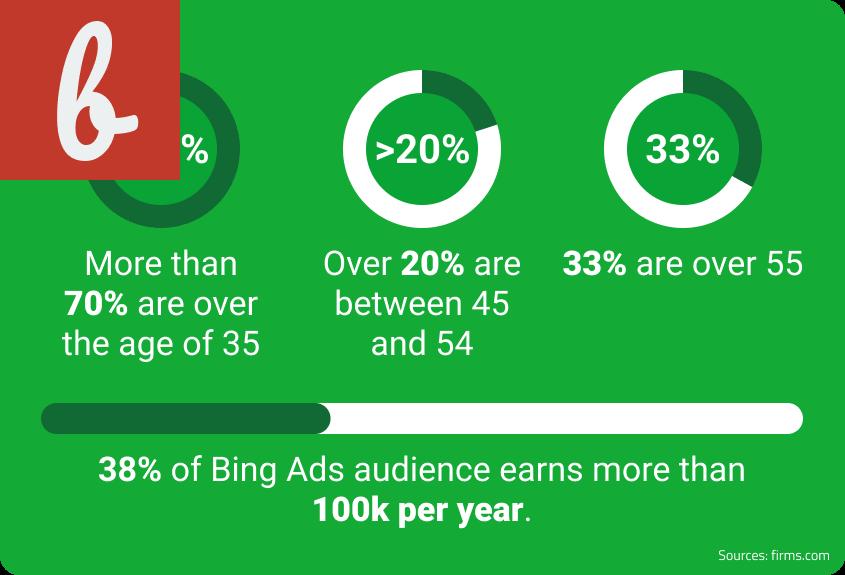
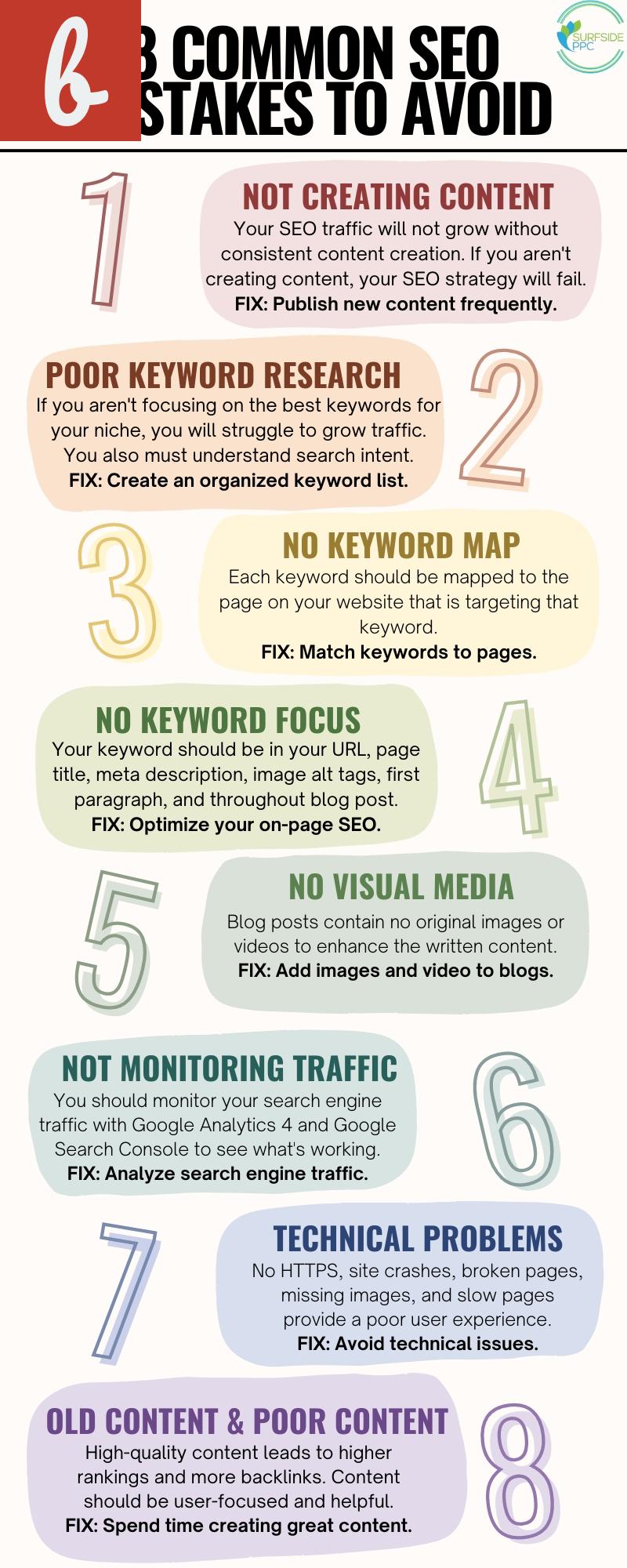
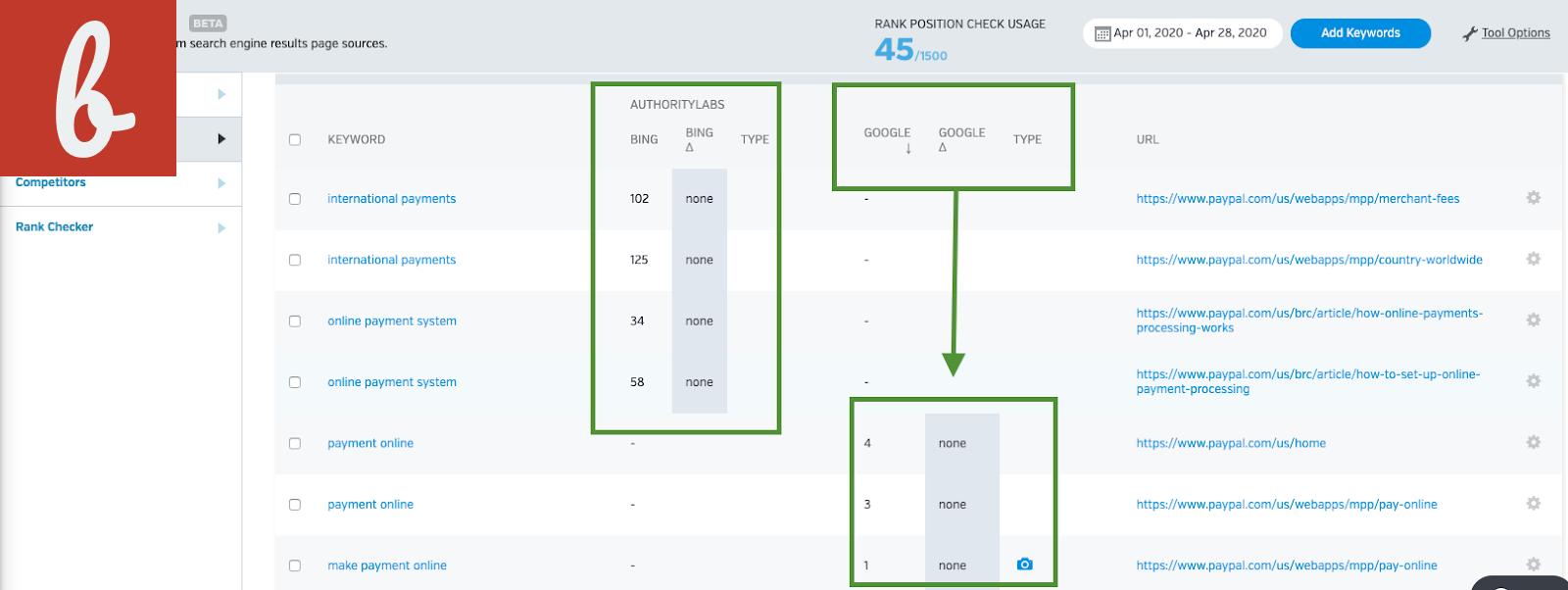
Comments on "The Importance Of Website Indexing For SEO "
No comment found!